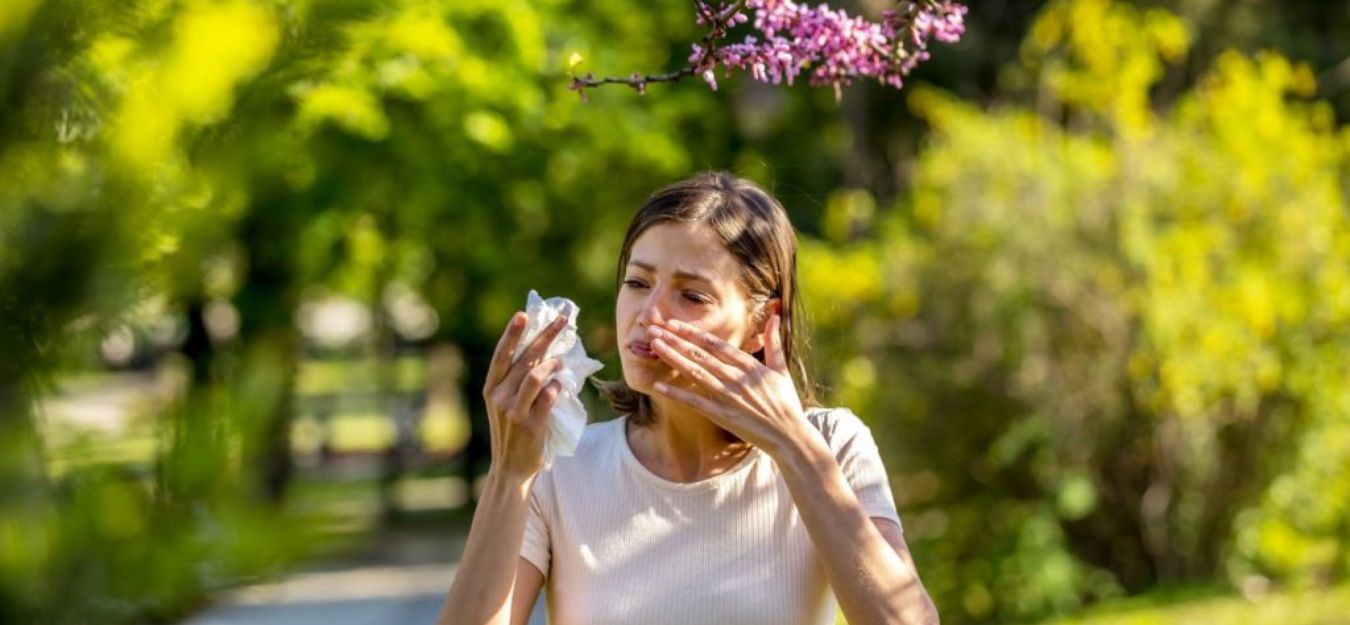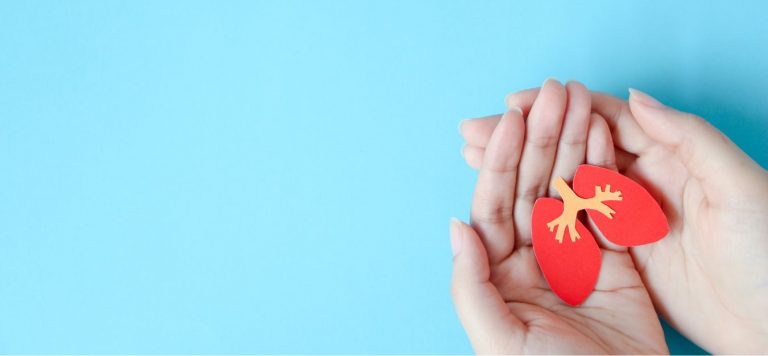DIY Allergy Relief
Runny nose, watery eyes, itchy skin and can’t stop sneezing? You may be suffering from seasonal allergies. According to the CDC, approximately 25.7% of American adults report suffering from seasonal allergy symptoms. There are many different ways to manage allergies and some great natural home remedies that can be a vital part of your allergy management plan.
As always, it is best to speak with a medical professional who can test for various allergies and recommend a treatment plan if necessary. In the meantime, if you’re looking for some relief, home remedies can help to reduce your allergy symptoms.
This article will cover 6 of the most effective methods for natural allergy relief.
7 Simple Natural Remedies to Tackle Allergies
1. Saline Nasal Irrigation
A once-daily saline nasal irrigation can help to thin mucus and reduce postnasal drip while washing away any environmental allergens. This can help with seasonal allergy symptoms such as a runny nose or scratchy throat. There are many saline solutions available for purchase at drugstores.
With your head tilted slightly forwards over the sink, pour some of the saline solution into one nostril and allow it to flow through your nasal cavity and out through your other nostril. Repeat with the second nostril and then gently blow your nose to clear away any excess. Make sure to clean the saline bottle after each use.
2. Stinging Nettle Supplement
Stinging Nettle is an herbaceous shrub that has been shown to reduce symptoms of allergic rhinitis (such as sneezing and itching). In a clinical study by Mount Sinai Hospital, 57% of people in the study reported that Stinging Nettle effectively treated their seasonal allergies.
Researchers suspect that Stinging Nettle may have some antihistamine and anti-inflammatory properties, but more research is necessary. A standard dose has yet to be determined because preparations can vary; however, a daily dose of 600mg of freeze-dried nettle has been used in some clinical studies.
Stinging Nettle can cause side effects, interacts with certain medications and may impact blood sugar and blood pressure. Children under 12 and pregnant and those who are pregnant or breastfeeding should not use Stinging Nettle. Speak to your healthcare professional before starting any new supplement.
*Also note that fresh stinging nettle is highly irritating to handle. Freeze-dried nettle is safe to handle and often comes in capsule form.
3. Black Cumin Seed Oil
If you are looking for natural allergy relief, home remedies such as black cumin seed oil may be worth trying. Also called “black seed oil”, the oil is extracted from black cumin seeds and is rich in anti-inflammatory and anti-histamine compounds. In one study, 92.1% of participants given black seed oil nasal drops felt a significant reduction or complete relief from their symptoms of seasonal allergies after 6 weeks.
While the oil itself can be quite bitter, you can often find black seed oil in capsule form. Adults may take 1 to 2.5 mg of black seed oil daily for 4-12 weeks.
As with any supplement, be sure to check with your doctor first especially if you have any medical conditions or take prescription medication(s). Children and those who are pregnant or breastfeeding should not take black seed oil.
4. HEPA Air Filter
If you’re looking for natural allergy relief, you may want to consider investing in a HEPA air filter. A HEPA filter can help to filter out dust mites, mold, pet dander, pollen and other allergens in the air. Most HEPA air filters are effective for a single room, so you may choose to have them in your bedroom. There are also vacuum cleaners equipped with HEPA filters that can help you to remove any allergens that may be trapped in your carpets and floors.
While no device can remove all allergens completely, they can reduce the number of circulating irritants in your space, so it is worth considering as part of your allergy treatment strategy. Make sure to dust and vacuum regularly, shower and wash your clothing right away if you have been outdoors and wash your bedsheets weekly.
5. Quercetin
Next on our list of natural home remedies for allergies is quercetin. Quercetin is a type of antioxidant that is present in many types of plants and has anti-inflammatory and anti-histamine effects in the body.
While test tube studies have shown that quercetin can prevent the release of histamine in the body, more studies on humans are necessary to determine its effectiveness according to Mount Sinai.
The therapeutic dose of quercetin is 200-500 mg daily. You shouldn’t take quercetin if you are pregnant, breastfeeding or have kidney disease.
6. Butterbur
Butterbur is a type of marsh plant that has been used to provide natural allergy relief for centuries. Some small studies have shown that butterbur can significantly reduce allergy symptoms, while others don’t show any significant benefit. In one study, 500mg of butterbur effectively reduced symptoms of seasonal allergies as well as OTC antihistamines.
Butterbur should not be taken by children or during pregnancy. Butterbur should not be taken for more than 12-16 weeks, as long-term safety hasn’t been studied.
Make sure that you only consume PA-free butterbur products. Pyrrolizidine alkaloids are a type of substance that is naturally found in butterbur, however, can cause serious side effects such as liver toxicity. Butterbur products that are labeled PA-free have been processed to remove this chemical.
Nature's Medicine Cabinet
Seasonal allergies can be a pain – luckily many natural home remedies can help you to manage your symptoms. Natural allergy relief can be as simple as keeping your nasal passages clean with saline nasal irrigation, taking a natural supplement and taking steps to ensure your environment is clean to reduce potential irritants in the air.
As always, it is best to speak with your doctor and/or pharmacist before beginning any supplements – particularly if you have any other medical conditions, are taking any prescription medications and/or are pregnant, as there can be dangerous interactions.
If it's not allergies you're battling but a sickness, there are foods you should be eating.

